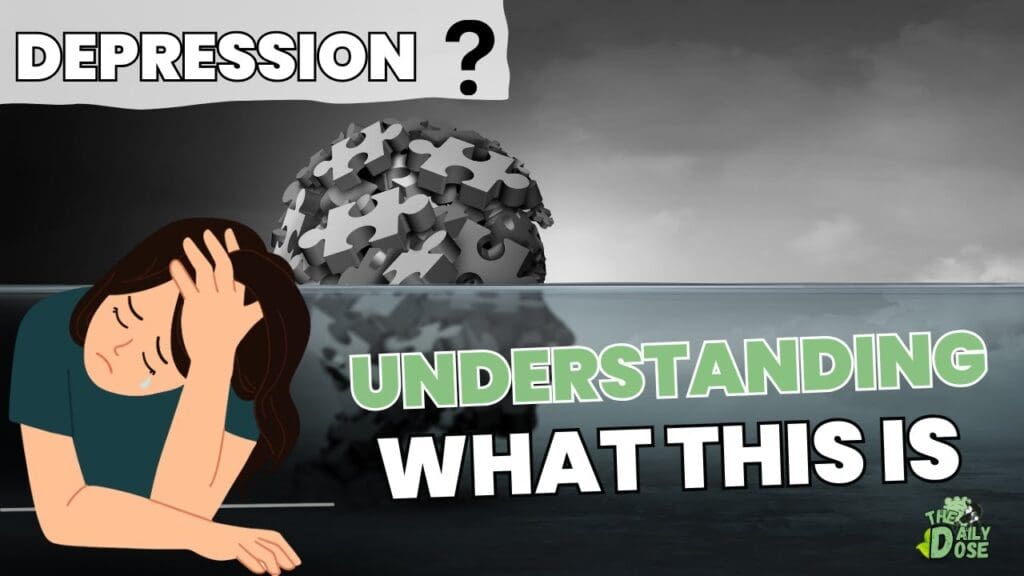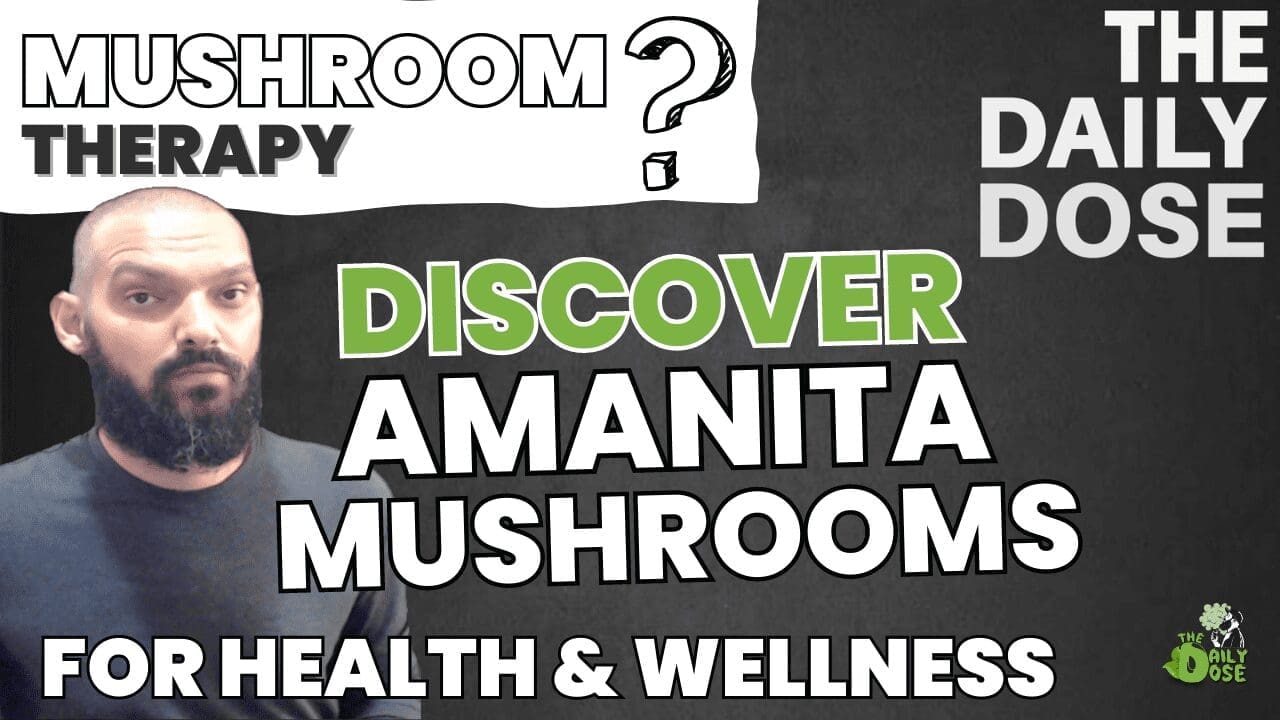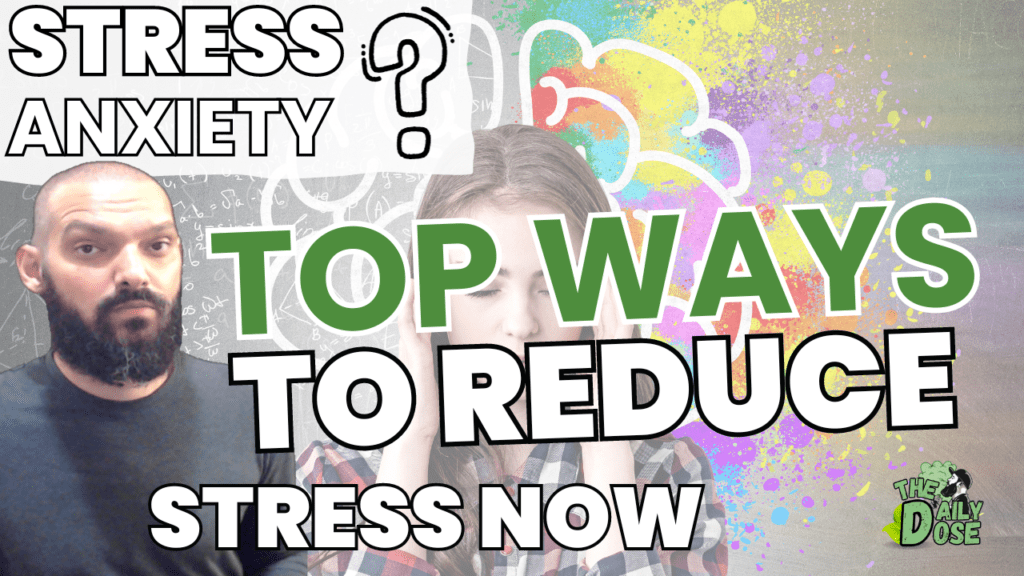To listen to the full episode visit The Daily Dose Podcast
Understanding Depression And Reasons
Table of contents
In this comprehensive exploration of the common reasons for depression, we have shed light on the intricate factors that contribute to this condition. It is essential to approach depression with empathy and a holistic understanding, recognizing that each individual’s experience is unique.
By acknowledging the biological, psychological, environmental, medical, and lifestyle factors at play, we can work towards a more compassionate and informed perspective on depression, ultimately supporting those who grapple with it on their journey to recovery. I know from experience that depression can be difficult, understanding the symptoms of depression isn’t a simple task, I myself have had depression for much of my life from a young age to adulthood.
Every factor considered I experienced personally, from a traumatic childhood, to an unstable environment to chemical imbalances and finally to drug abuse. All of these played out in my life at different stages and ages.
The experiences themselves helped me to reflect over time, the conclusion became evident only recently. Life is hard, it’s difficult for all of us, combined with the many factors discussed in this article it can be unbearable depending on your age.
Understanding depression is complex but one thing is for sure, depression comes and go’s all throughout a lifetime. How you learn to cope with it is the most important aspect, I can say that learning to strengthen your mind, body and spirit is key to tackle the new challenges that await tomorrow.
If time is any reference to how it plays out in your life, let me express this to you, I experienced depression for the first time at the age of 10, then again at the age of 12, then again at the age of 14, 15, 17, 20, 25, 28, 30 and so on. I felt the symptoms of depression last year, last month, last week and even just a few days ago.
This battle of the mind seems to be a forever struggle, never ending, but the tools I developed to cope have shown me that I can certainly beat this even though symptoms return every so often.
Perhaps it has more to do with the fact I have gotten older and do not have the luxury of wasting time dwelling on these emotional outputs. If you have depression or a story to share please leave them down below after reading this article.
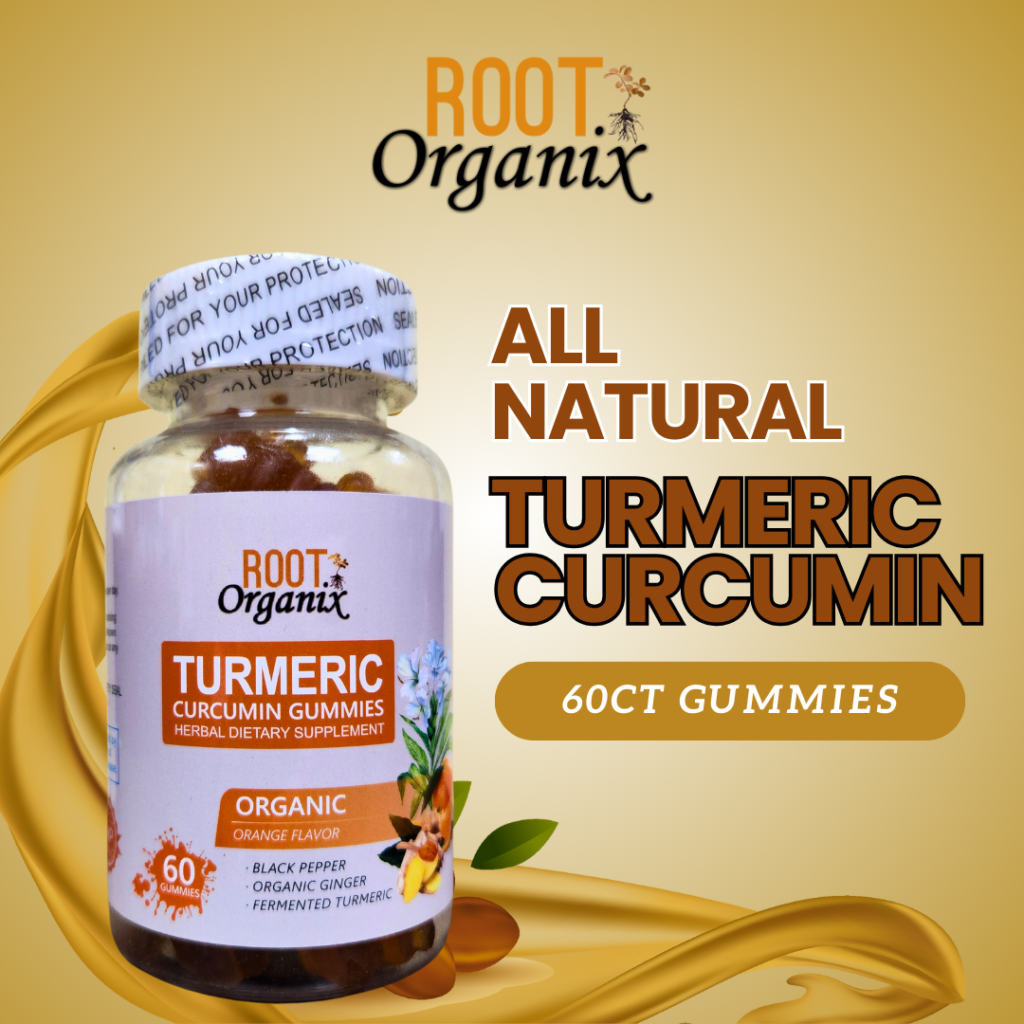
Introduction
In the realm of mental health, depression stands as a formidable adversary, affecting millions of lives worldwide. While the experience of depression can be deeply personal and unique, researchers have identified common factors and triggers that contribute to its development.
This comprehensive article delves into the multifaceted landscape of depression, uncovering the various reasons individuals may find themselves grappling with this challenging condition. With a focus on providing insight and understanding, we’ll explore the biological, psychological, environmental, medical, and lifestyle factors that play a role in depression.
A Quick Summary of the Review
Depression, a complex and prevalent mental health condition, has diverse origins. While its causes are multifactorial and vary from person to person, this article aims to shed light on the most common reasons for depression.
We will explore the intricate interplay of biological factors, including genetics, neurochemical imbalances, and hormonal changes, in shaping depressive experiences.
Additionally, we will delve into the psychological aspects, such as the impact of trauma, stress, negative thinking patterns, and certain personality traits.
Environmental factors, including childhood adversity, social isolation, and substance abuse, also play a significant role. Furthermore, we’ll discuss how medical conditions and medications can contribute to depression and examine the influence of major life events.
By understanding these underlying factors, we can work towards a more compassionate and informed perspective on depression.

Biological Factors
Genetics and Depression
Depression can run in families, suggesting a genetic component. Research has identified specific genes associated with an increased risk of depression. However, genetics is just one piece of the puzzle, and environmental factors also play a substantial role in determining whether someone develops depression.
Neurochemical Imbalance
An imbalance in neurotransmitters, including serotonin, dopamine, and norepinephrine, can influence mood regulation. We’ll explore how disruptions in these neurotransmitter systems can contribute to depressive symptoms and the potential role of medication in addressing these imbalances.
Hormonal Changes
Hormonal fluctuations, such as those during puberty, pregnancy, postpartum, and menopause, can impact mood. We’ll delve into how these hormonal changes can trigger or exacerbate depression, particularly in vulnerable individuals.
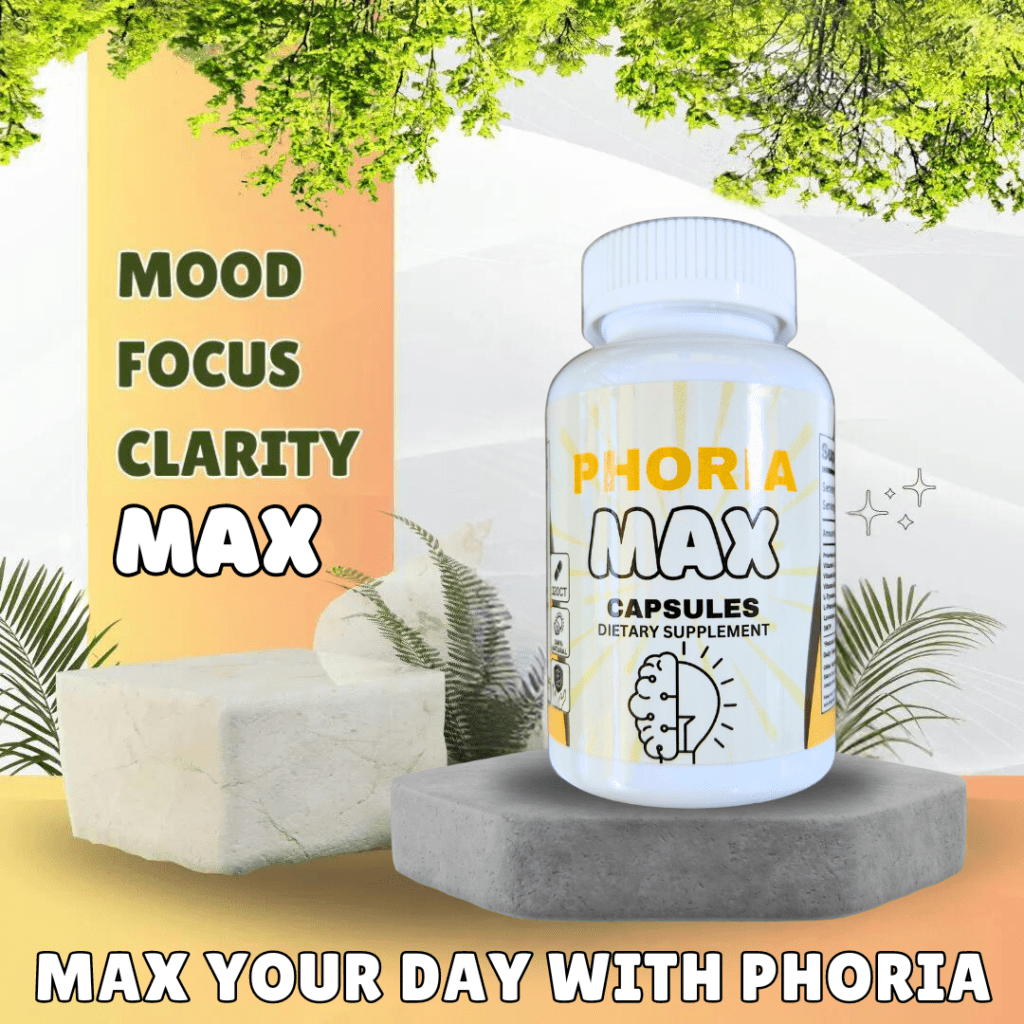
Psychological Factors
Trauma and Stress
Experiences of trauma and chronic stress can significantly increase the risk of depression. We’ll discuss how the brain and body respond to stressors, leading to changes in mood and behavior, and the long-term effects of trauma on mental health.
Negative Thinking Patterns
Negative thinking patterns, including self-criticism and a pervasive sense of hopelessness, are common in depression. We’ll explore how these patterns contribute to the development and maintenance of depressive symptoms.
Personality Traits
Certain personality traits, such as perfectionism and neuroticism, can make individuals more susceptible to depression. We’ll examine how these traits interact with other factors to increase the risk of depressive episodes.
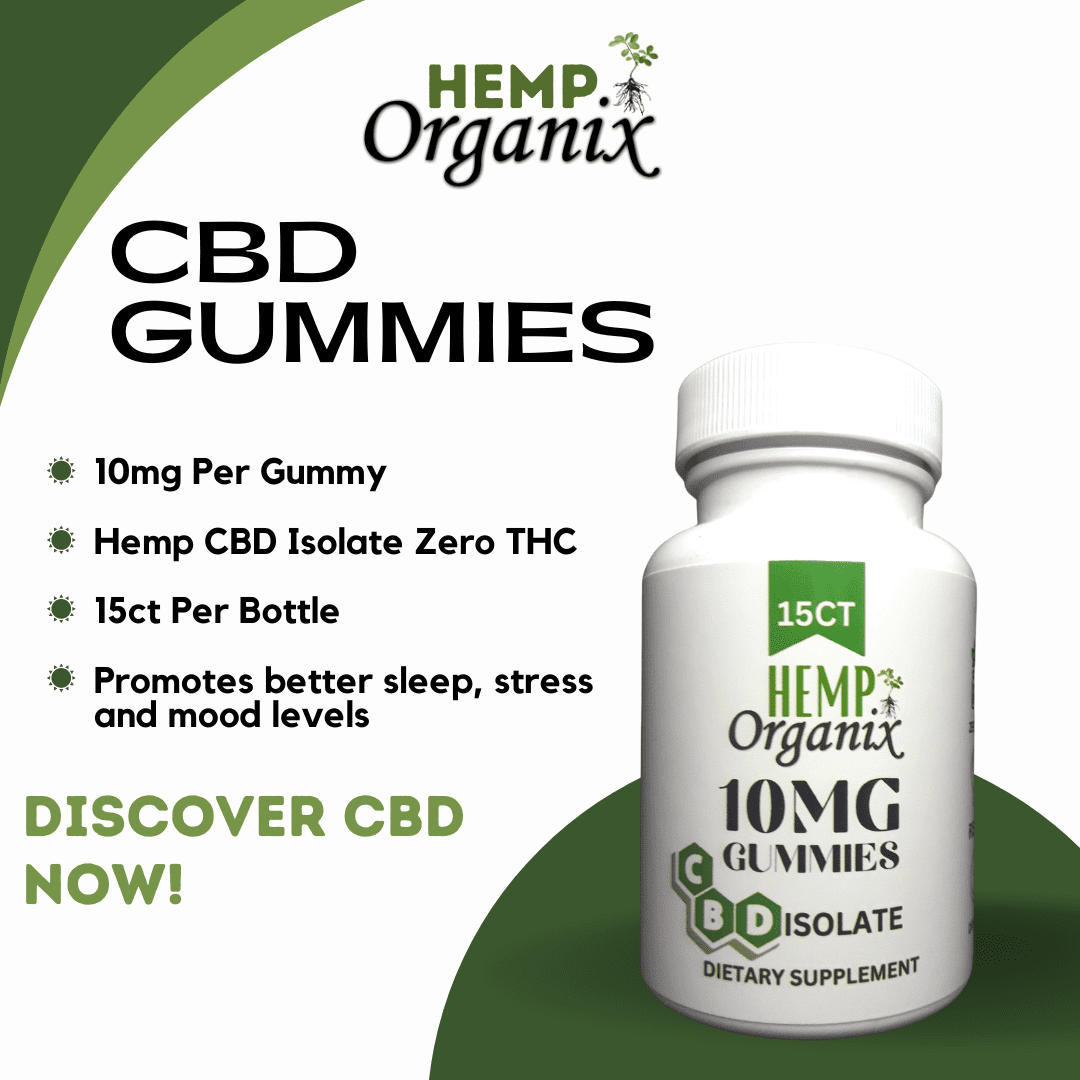
Environmental Factors
Childhood Adversity
Adverse childhood experiences, such as abuse, neglect, or dysfunctional family environments, can have a profound impact on mental health. We’ll explore how childhood adversity increases the vulnerability to depression in adulthood.
Social Isolation
Lack of social support and chronic loneliness can contribute to feelings of sadness and despair. We’ll discuss the importance of social connections and the role of isolation in depression.
Substance Abuse
The misuse of alcohol, drugs, or other substances can both contribute to and result from depression. We’ll examine the complex relationship between substance abuse and depressive symptoms.
Medical Conditions
Chronic Illness
The physical and emotional toll of living with a chronic medical condition can lead to depression. We’ll explore the connections between chronic illness and depressive symptoms, as well as strategies for managing both.
Neurological Disorders
Certain neurological conditions, such as Parkinson’s disease and multiple sclerosis, are associated with a higher risk of depression. We’ll examine how these conditions impact mental health and discuss treatment options.
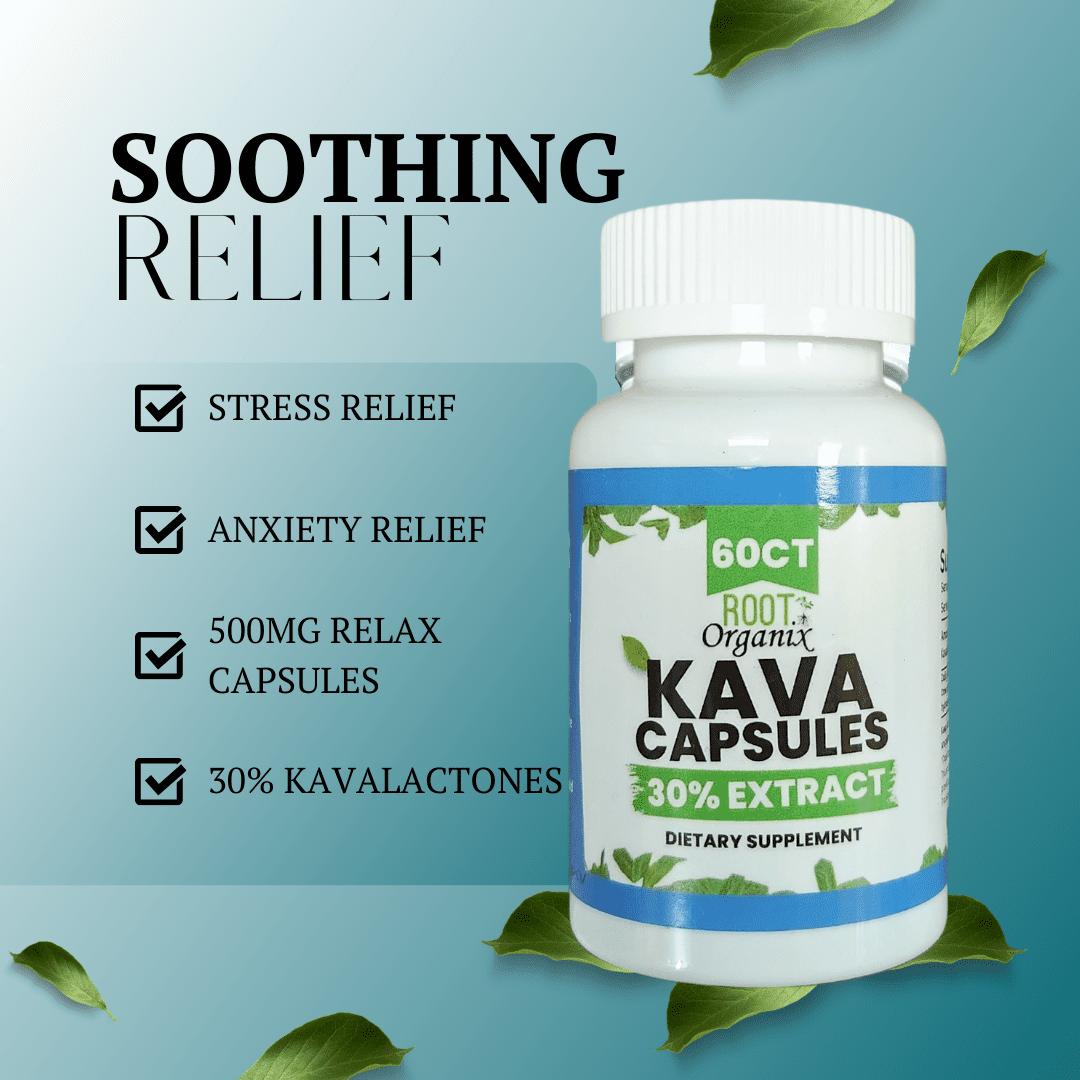
Medications and Substance Use
Certain Medications
Some medications, including antihypertensives, steroids, and hormonal contraceptives, may have depressive side effects. We’ll explore how medication-induced depression can occur and the importance of discussing potential side effects with healthcare providers.
Substance Abuse
Alcohol and drug abuse can both lead to and result from depression. We’ll delve into the mechanisms by which substance abuse and depression interact and the importance of seeking help for both conditions.
Life Events
Major Life Changes
Significant life events, such as divorce, job loss, the death of a loved one, or financial difficulties, can trigger depressive episodes. We’ll discuss the emotional toll of major life changes and coping strategies.
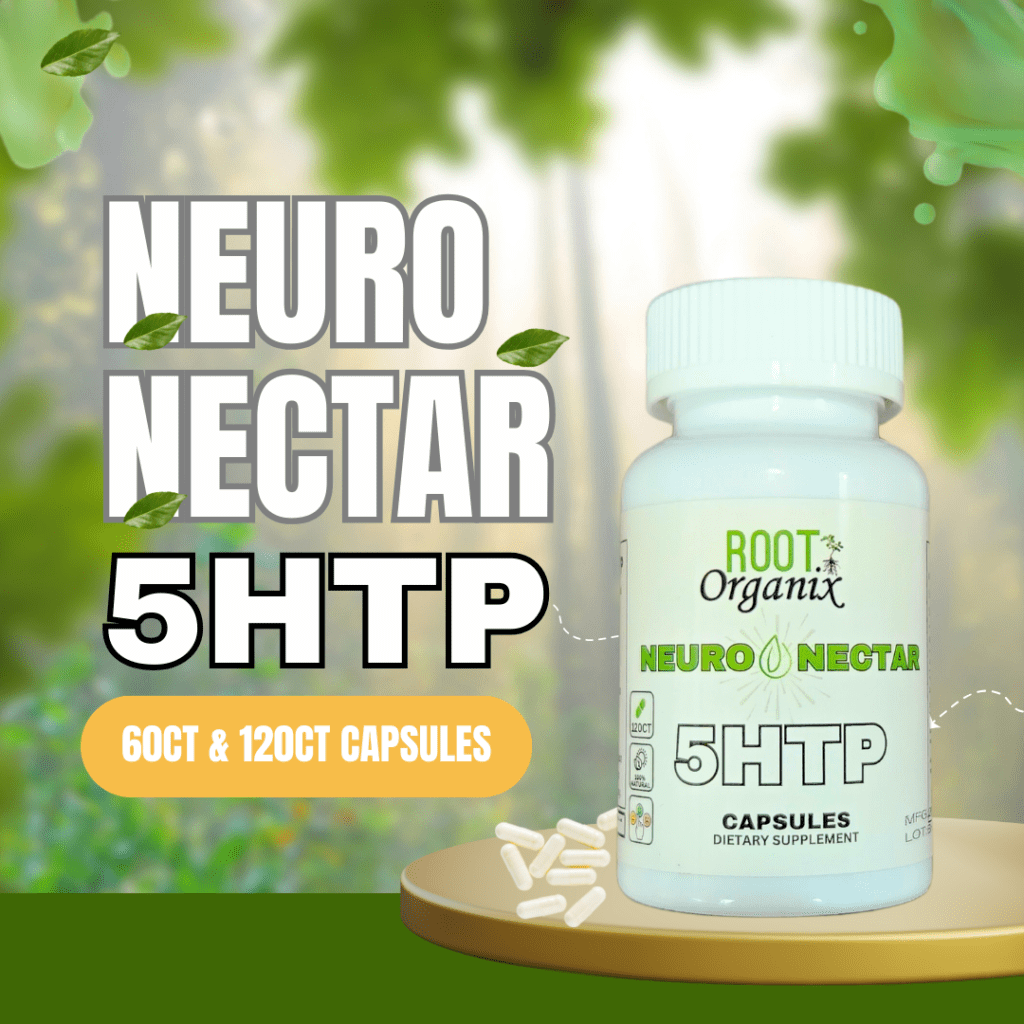
Conclusion: Understanding the Causes of Mental Health Related Illnesses
Depression is not a one-size-fits-all condition, and its causes are far from straightforward. Rather, it emerges from a intricate interplay of biological, psychological, environmental, medical, and lifestyle factors. By comprehensively exploring these factors, we can foster a more compassionate and informed understanding of depression, ultimately improving our ability to support those who are affected by it.
FAQs
No, depression results from a combination of factors, including genetics, neurochemical imbalances, and environmental stressors.
Yes, adverse childhood experiences can increase the risk of depression in adulthood.
Medication can be one part of the treatment plan, but therapy and lifestyle changes are also important in managing depression.
Yes, lifestyle changes such as regular exercise, a balanced diet, and social support can have a positive impact on depression.
Offering emotional support, encouraging them to seek professional help, and being patient and understanding are crucial ways to support someone with depression.
While it may not always be preventable, early intervention, stress management, and a healthy lifestyle can reduce the risk of depression.
No, depression is a medical condition that affects people from all walks of life, and it is not a reflection of personal weakness.
Some people may experience mild depression that lifts on its own, but for many, treatment is necessary for recovery.
Related Articles:
- Near Death And Psychedelics DJ Kadagian
- Kratom Strains Guide For New Users Explained
- Mental Health And Self Discovery Kyle Lynch
- Mental Health Potential of Plant Medicines
- Magic Mushrooms For Mental Health Explained
Meet The Author


